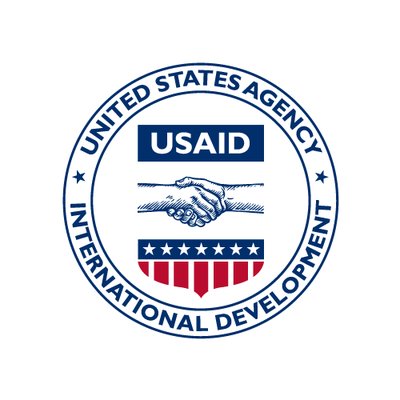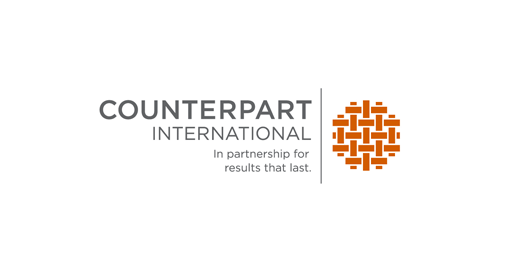Certified CSOs Directory



Introduction
Afghanistan diverse and pluralistic civil society has been playing instrumental role in the development of the country since its earlier trances in mid-nineties. These civil society institutions have been serving their constituencies from the provision of basis services such as education and health to safeguarding people’s interests by raising their voices to the higher echelons. However, to take the sector to the next level, the grant-makers realize the need to engage with the CSOs that are identified as viable and credible partner in development. The idea of the Afghanistan Institute for Civil Society (AICS) has been incubating since the June 2007 “Enabling Environment Conference for Effective Private Sector Contribution to Development in Afghanistan,” where the government of Afghanistan and the Agha Khan Development Network, in partnership with the World Bank, UNDP, and the Asian Development Bank, representatives of private sector institutions, members of civil society organizations and networks convened. One of the recommendations of the conference was the establishment of an independent body to support the development of a credible civil society sector in Afghanistan. It was recommended to establish a certification entity for civil society organizations recognized by the government of Afghanistan, international development partners, private sector institutions, and most importantly civil society organizations themselves. AICS’ certification program is the AICS’s flagship program, which raises the effectiveness and credibility of the civil society sector by certifying CSOs against locally defined and internationally recognized standards. The certification program enables CSOs to align their policies, processes, structure, programs and activities in accordance with the international best practices, contributing to the growth of a competent, transparent and effective civil society sector. Specifically, the certification program benefits CSOs through contributing to:
1) Increased organizational performance among CSOs;
2) Improved credibility to influence policy dialogues;
3) Greater opportunities to forge longer-term funding relationships with private sector and international donors;
4) Proactive self-regulation to improve the organization’s accountability and transparency;
5) Improved trust amongst the CSO and its constituency, donor agencies and the government.
With this directory, AICS aims to provide more visibility to its certified CSOs by highlighting and showcasing the outcomes of their unostentatious developmental work in the country. The directory, therefore, enlists and profiles contributions of twenty seven (27) AICS Certified Civil Society Organizations (CCSOs) in the development sector of Afghanistan. This also briefly narrates certified organization’s mission, objectives, programmatic priorities, service delivery, constituencies and the quantum of beneficiaries served by them. The directory is prepared on the bases of rigorous, thorough and professional assessment of 27 certified CSO’s internal structures, policies, procedures and processes in key functional areas of Internal Governance, Financial Management, Project Management and Program Delivery, Human Resource Management and External Relations, Outreach and Communications.
The programmatic interventions of certified CSOs included in the directory are spread across critical development themes ranging from the provision of basic services such as education, health, advocacy, community development, monitoring and evaluation, cultural heritage, child protection, wash and hygiene, agriculture, vocational training, and human rights to the implementation of more technical areas involving institutional and programmatic capacity building of small community based organizations in their target constituencies. The top ranked themes based on CSOs priorities are capacity building followed by advocacy, peace building and conflict resolution, education, women rights and humanitarian/emergency aid. All the 27 CCSOs that went through AICS certification assessment are registered under the Law on Non-Governmental Organizations promulgated in 2005 and regulated by the Ministry of Economy, Government of Afghanistan. In aggregate, the CCSOs have presence in all 34 provinces of the country but their programs are largely concentrated in central, eastern and north-western part of the country. The top four provinces where CSOs have majority of their interventions are Kabul, Nangarhar, Balkh, parwan, Bamyan and Kandahar. The CCSOs encourage employment of local female staff that constitute an average of 32% of the total workforce employed by all CCSOs. However, taking individual organization into account, this figure ranges from 14% to 90% primarily showing a direct correlation of female staff employment with the nature of CSO’s work and social barriers to female employment. For more information and details, please visit AICS website at www.aicsafg.org.
